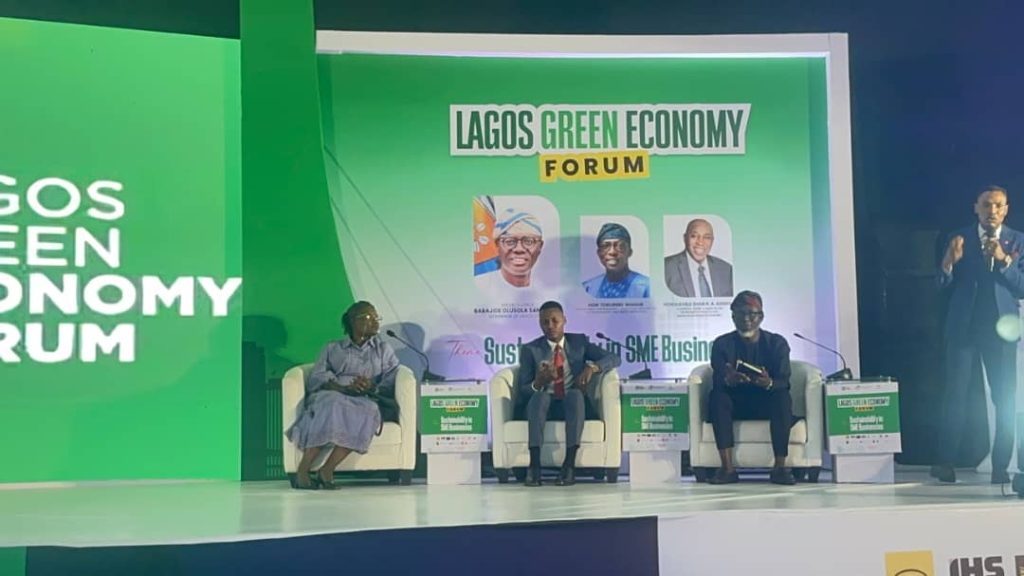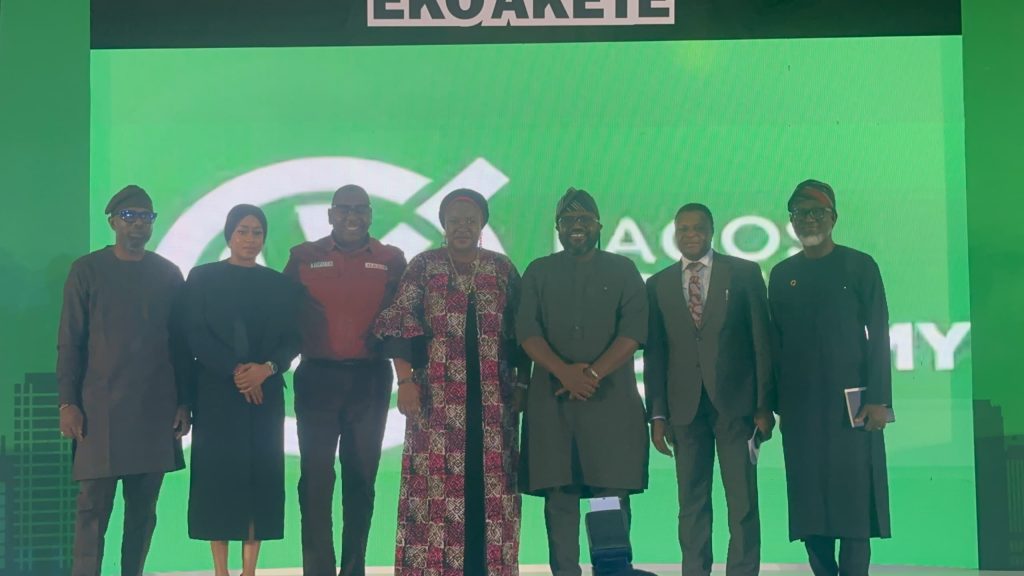EXCLUSIVE: Lagos Government enforces ban on nylons, other SUPs except these
The Lagos State Government has said there is no going back on its recent ban on Single Use Plastics (SUPs) in the state.
According to the government, single-use plastics consisting of styrofoam food packs and polystyrene products such as disposable cups, plastic straws, plastic cutlery are all banned.

For nylons, only those above 40-micron thickness are allowed. Those below it are banned.
This was revealed by the Commissioner for Environment and Water Resources, Mr Tokunbo Wahab on Wednesday at the Lagos Economy Green Forum held on Wednesday, July 23.
The commissioner, ably represented by the Director General of the Lagos State Environmental Protection Agency, Dr. Babatunde Ajayi said the state-wide ban does not include PET bottles, sachet water, and nylon carrier bags above 40-micron thickness.
NewsClick Nigeria gathered that most supermarkets in the state now sell nylon carrier bags to customers to further enforce the ban and encourage reuse. Customers get the nylons free of charge earlier. Some public markets have also started asking buyers to come with their nylons or buy.

“The Lagos State Government commenced enforcement on ban of specific categories under Single Use Plastics (SUPs), from July 1, 2025. The items banned outright include Styrofoam food packs, all forms of polystyrene cups (disposable cups), Plastic straws, Plastic cutlery, and Nylon carrier bags with less than 40-micron thickness.
‘’However, under the Extended Producer Responsibility (EPR) framework, the following items are permitted for now but must be managed by their producers for proper recovery and recycling: PET bottles, Water sachets, Nylon/carrier bags above 40-micron thickness,’’ Wahab said.
The commissioner said the policy had spurred innovation and value creation in alternative materials like paper and recycled products.

“Plastic has been a menace all over the world. It has become a monster we can’t manage. But 10 to 15 years ago, everybody started talking about recycling and it took Lagos a while to latch onto the recycling wheel,” he said.
“Now there’s value chain in recycling and people make money from plastic. We have been able to free up our drainages from plastic waste, reduce flooding and pollution. It is also an economic opportunity.”
Meanwhile the also noted that the green transition is a pathway to economic opportunities for small and medium enterprises (SMEs).
“Small businesses are the engine of the Lagos economy, and we have about 9,000 businesses driving commerce in the state,” Wahab said.
“We cannot fall asleep on green transition. It is not just a commitment or a regulatory requirement; it’s a cost-saving model that helps businesses thrive.”
The commissioner said the state government is committed to providing continuous guidance and updates as implementation begins.
He noted, ‘’Your suggestions are well taken, and we appreciate your support as we work towards a cleaner, greener Lagos.’’
Wahab reiterated the determination of the state government to go ahead with the enforcement of the ban on July 1, adding that this is after the expiration of a moratorium of 18 months, which it had been given since the announcement of the intention to effect the ban in January 2024.

